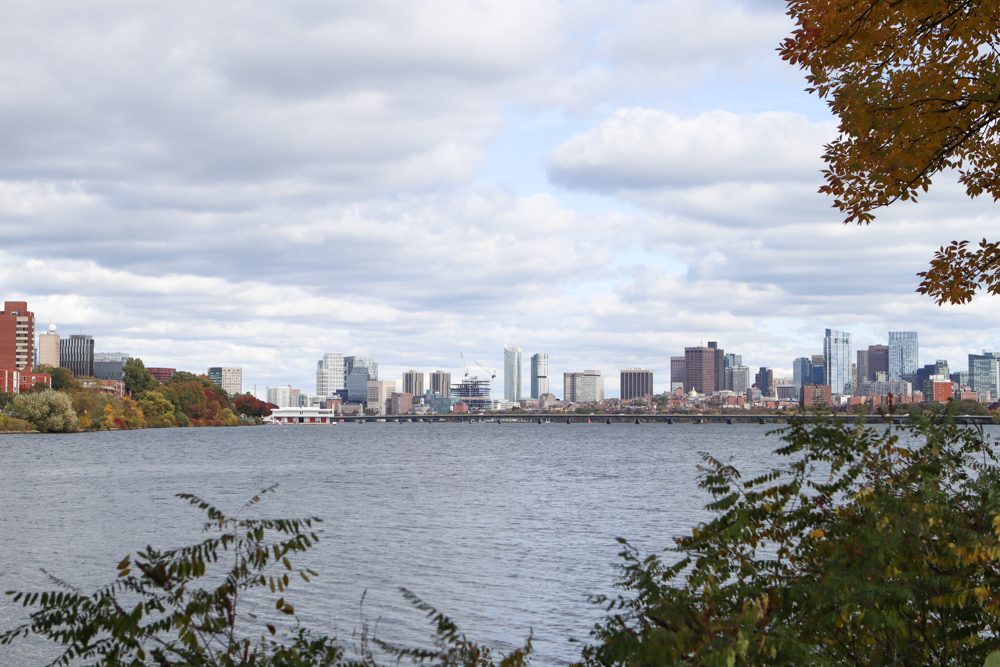The Massachusetts Office of Energy and Environmental Affairs declared in a press release Thursday the majority of the state is in a “major drought.” The Boston-area was classified as Level 3, which means “critical drought.”
“This classification highlights the need for immediate action to conserve water and protect our communities from fire risks,” wrote City Councilor Tania Anderson in a statement.
Boston City Council is working with local agencies “to address both of these concerns,” Anderson wrote.
The classification scale ranges from 0 to 4, with 0 being “normal” and 4 being a state of “emergency,” according to the Massachusetts Office of Energy and Environmental Affairs.
Hessann Farooqi, executive director of the Boston Climate Action Network, said climate change impacts the recent severity and frequency of droughts in Massachusetts.

Farooqi said many residents noticed the decrease of “intense snowfalls” and “rainfall” that the Northeast is typically known for during fall and winter seasons.
“As a result of climate change, a lot of the types of weather that we’ve seen forever become more intense and more frequent, and droughts are no exception,” Farooqi said.
Climate change is delivering “drier weather” to Massachusetts at times and extreme levels of rainfall at other times, according to the state government press release.
Because of these drier conditions, Boston and other Massachusetts areas are at high risk for wildfires, Farooqi said.
There are currently 47 active wildfires across Massachusetts after wildfires increased by 1,200% in October.
Even if wildfires are not occurring in Boston, “smoke and other kinds of harmful particulates” are being brought into the air from other Massachusetts wildfires, Farooqi said.
“That puts health at risk, particularly for vulnerable populations,” Farooqi said.
Additionally, Farooqi said if the droughts continue for a longer period of time, the health of rivers and streams are “put at risk,” which “directly correlates with the health of our oceans.”
“The ocean is one of the best sinks to absorb carbon dioxide out of the atmosphere,” Farooqi said. “When our oceans aren’t healthy, that means that our climate is not as healthy.”
Because droughts affect oceans, it will also have “downstream effects on marine life,” which is an important factor of Boston’s economy “from a fishing standpoint,” Farooqi said.
“It’s really helpful that we’re connecting this challenge of droughts with the larger issue of climate change,” Farooqi said. “If we do not take urgent action on climate, droughts will become worse.”
Since August, rainfall in the state has decreased from 7 to 9 inches, with the exception of the Cape and the Islands, according to the press release.
Boston City Council is focused on “reducing non-essential water usage,” attempting to limit water consumption, Anderson wrote.
However, Farooqi said he is not “necessarily convinced” this type of action will be effective, as a high proportion of renters in Boston do not pay their own water bills.
If Boston places a surcharge on water rates, renters will not be incentivized to alter their water use, since they are not going to see that surcharge ever reflected in their bills, Farooqi said.
Farooqi said authorities within the state can track who receives the highest water bills.
“They should use that information to target their policy response,” said Farooqi. “We’ve got to make sure the response is not putting people into a worse position who already don’t have a lot of that money or power.”






















































































































